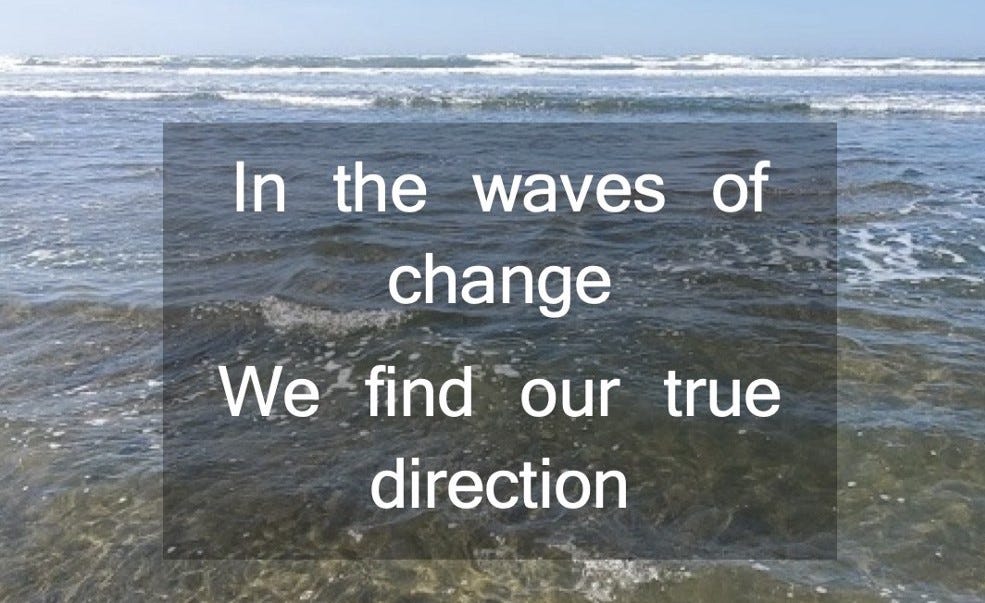
Our modern workplace encourages us to grow faster and embrace speed and change. With technology at our fingertips, it’s easier to get lost in the day-to-day demands that are pressing on our precious time. We are on a 24-hour rinse-and-repeat cycle that starts every morning. Little do we have the time to pause and think.
This is where I found myself throughout the past couple of months. As a first-time leader, I thought that’s how it was supposed to be as I grew my career. I tried everything to ignore the warning signs from my body and mind.
We often hear that prevention is better than the cure for any disease. But what if you don’t know that something is not right? I had never heard another leader talk about preventing stress and anxiety.
So I continued to deal with the stress and anxiety I was experiencing until I couldn’t go on and needed to reach out for help. While I am glad I got help, I wish I had known sooner that it’s OK to be not OK.
We often talk about physical health issues, but I believe leaders need to be more transparent and open about mental health. Stress and anxiety are two perils in today’s workplace that need to be uncovered, and a crisis like the one we’re currently facing can only exasperate them. However, even in times of normalcy, one study found that 60% of employees felt stressed three or more days a week.
It’s time that we understand our obligation as leaders to support the well-being of our team members and help them when they need us most — and realize that it is never too late. Personally, I was fortunate to have a supporting and caring leader who stood by and helped me.
Here are a few tips that helped me in the healing process. These are tips anyone dealing with a similar struggle can apply.
1. Do nothing. Sometimes, doing nothing over the weekend can be the best thing when experiencing stress and anxiety. It can allow your mind, body, and soul to recuperate and process your hidden emotions.
2. Write a journal. Some days are more difficult than others, but I find that writing a journal helps share feelings and things that are difficult to express otherwise.
3. Prioritize your creative time. Find out when is your best time to think creatively, and use this hour of your day for the most important work.
4. Triage your list of things to do. Write a list of things you have to do the night before and cross off the things on the list that can be deferred or assigned to someone else until there are only three things left on the list. This clarity will help give you the focus you need to do what is most important.
5. Avoid distractions. With the constant need to be in the know, employees in the workplace are often interrupted every few minutes. We are always plugged in and don’t realize that every distraction costs us. In fact, researchers performed an experiment and found that “people in the interrupted conditions experienced a higher workload, more stress, higher frustration, more time pressure, and effort.”
6. Clean your inbox. Clear your mind and steer toward minimalism by deleting texts and emails. Uninstall apps to get a fresh start and a new perspective.
7. Live in the moment. We can become too busy and stressed about things we cannot control that we forget to appreciate what is around us. Try not to worry about the past or the future and live in the present.
Every third person I shared my experience with has either experienced something similar in the past or realized that they are experiencing it now and didn’t know it. There are many ways to heal — all we need to do is ask for help.
Just as first-time leaders are trained to manage teams, I believe companies should invest in stress and anxiety management, meditation, and mindfulness sessions to cope with the demanding business needs. Someday, I envision meditation rooms in offices for employees’ true well-being for the body, mind, and soul.
In today’s world, what we need are not strong and resilient leaders, but fearless leaders who genuinely care and support their teams at all times, no matter what. It’s time we took a step to redefine success, moving from titles in career progression, short-term recognition and rewards, and toward long-term growth and happiness for employees, organizations, and communities.
A happy employee is the seed to a happy workplace that grows into happy customers.
Div Manickam
Originally published at https://www.forbes.com.


